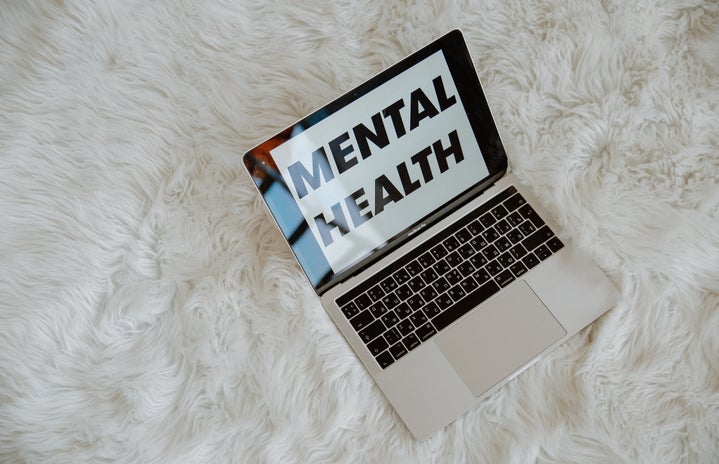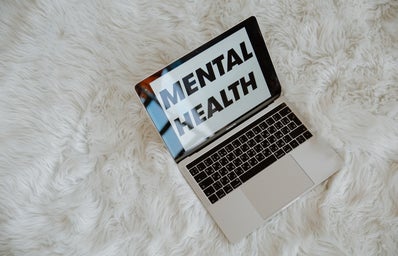Telehealth is far from a new form of medical treatment, but with the effects of the COVID-19 pandemic, telemedicine usage skyrocketed in 2020 to provide proper mental health care to the influx of patients.
The pandemic-induced isolation contributed to a rise in individuals diagnosed with eating disorders and other mental health issues. This increase led to the emergence of new technologies and resources – and the expansion of technologies like telehealth – for managing mental health problems.
Dr. Thea Gallagher, Psy.D., a clinical psychologist and assistant professor at New York University (NYU), explained that the increase in virtual therapy treatment amidst the pandemic created greater accessibility to those looking for tools to combat their mental health struggles.
“A lot of the data is showing that virtual therapy is just as effective – if not more effective – as in-person [therapy] because it’s creating access,” said Gallagher. “Virtual [therapy] has made it so that I can fit more people into my schedule, and [my patients] can fit me in.”
Virtual therapy has been one of many mental health tools utilized during the pandemic. Individuals and professionals alike made use of informal tools, like social media, to connect with one another and share their personal and professional mental health advice.
“People are learning a lot of great information [on social media]. They’re learning a lot about mental health; they’re breaking the stigma,” Gallagher said.
The National Eating Disorders Association (NEDA) makes use of social media to reach a larger audience and connect with people from all around the world. Through the use of graphics and shareable content, NEDA gave individuals the space to share their own stories and spread awareness of eating disorders during the isolating pandemic.
According to the NEDA website, NEDA received a 107% increase in contacts since the start of the pandemic. Vice President of Mission at NEDA Lauren Smolar explained this increase in traffic.
“We have certainly seen a rise in people seeking help for eating disorders in the past couple of years. Our helpline traffic doubled, largely related to people needing to seek help for the first time or for higher-level care in light of the pandemic,” said Smolar.
Smolar acknowledged social media’s favorable impacts during the pandemic but recognized that social media can have negative effects on mental health. Individuals have the ability to post words, photos and videos without knowing that their content is harmful to those struggling with an eating disorder.
“[Social media] is a place where you can be triggered for negative body image, like say you see someone has the shape and weight you think you need to be happy,” said Gallagher. “[For this reason,] it’s important to curate what you’re seeing to be in line with your values.
NEDA emphasized taking proper caution with social media. Despite its shortcomings, social media proved to be a great tool to spread information and raise awareness.
“There’s always a risk with [people misusing social media], but we acknowledge that raising awareness is overall a positive opportunity for people to be able to understand that people they know may be touched by an eating disorder and to bust the myths and stereotypes related to eating disorders,” said Smolar.
Social media has allowed for discussion around mental health issues – playing an active role in destigmatizing and expanding access to proper mental health care. Informal tools like social media have created access to formal tools like telehealth, which have allowed more individuals to receive mental health treatment during the pandemic.


